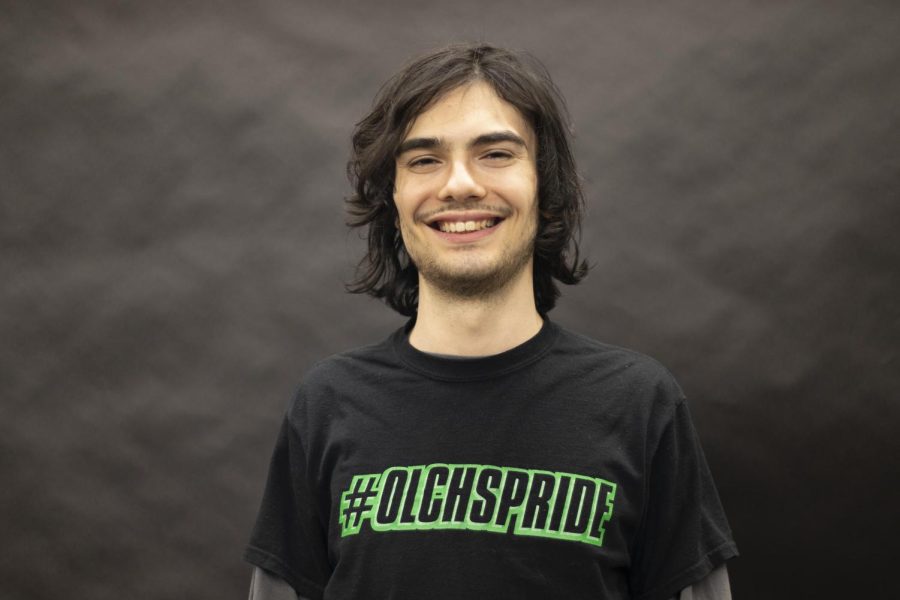COLUMN: Is “what is a woman” really an easy question?
April 6, 2022
Recent right-wing political media has criticized the left for its viewpoint on gender, arguing that the left can not even answer one of the “easiest” questions. Republican Senator Marsha Blackburn recently asked Supreme Court nominee Ketanji Brown Jackson if she could “provide a definition for the word woman.” Jackson responded, “Not in this context. I’m not a biologist.”
Conservative talk show host Michael Knowles claimed that “this should be the end of [Jackson’s] nomination” in his video “LOL: ‘What Is A Woman?’ Blackburn DESTROYS Ketanji Jackson With One Question,” claiming that “it turns out she is a big, dumb, stupid, idiot.”
Steven Crowder, also conservative-leaning, states “yeah, ya know, woman: tits, vagina.” A guest on the show later adds “I came out with these chromosomes. Need I say more?”
From this we can extract two claims: the question of what a woman is allegedly easy to answer, and a biologist is the relevant authority to answer this sort of question. I believe both of these are false.
Just for context, the 2020 PhilPapers survey, a survey dedicated to recording which proportion of philosophical theories are endorsed by professional philosophers, found the following distribution regarding gender: 29% believe gender is biological, 21.5% believe it is psychological, 63% believe it is social, and 4% believe it is unreal.
Now, it is certainly possible that the 29 percent who believe gender is biological are correct, yet the data at least gives us reasonable evidence to doubt the question is so clear cut. If not, why then would philosophers be so divided on the issue?
So, why doubt gender is obviously biological?
First, let’s understand what a relevant definition is. Though there are many ways to use definitions, what we are not looking for is the way people use words, since often the way people use words are too vague and inconsistent to offer a precise theory of a phenomenon.
Instead, what we want is a metaphysical description of the concept ‘woman,’ the necessary and sufficient conditions of womanhood.
Essentially the objection against the biological theory of gender is that it cannot explain many culturally gendered phenomena. This view has trouble accounting for why manhood and womanhood exist outside of biology.
If, for example, all it means for a person to be a woman is her biology, then why does there appear to be something “unwomanly” to wear manly clothing or play in particular sports? How does the gender view account for the apparent tension of men wearing makeup, dresses, and high heels?
For this datum, the social theory of gender has a stronger explanation. As author Simone de Beauvior said in “The Second Sex,” “One is not born, but rather becomes a woman.”
Secondly, for any proposed “biological definition,” there will always be counterexamples: some people are not born with XX or XY chromosomes and some people are intersex.
The answer to “What is a woman?” could be biological–but it certainly isn’t obvious.
Ian Palacios is an English and philosophy major. He can be reached at 581-2812 or at [email protected].













































